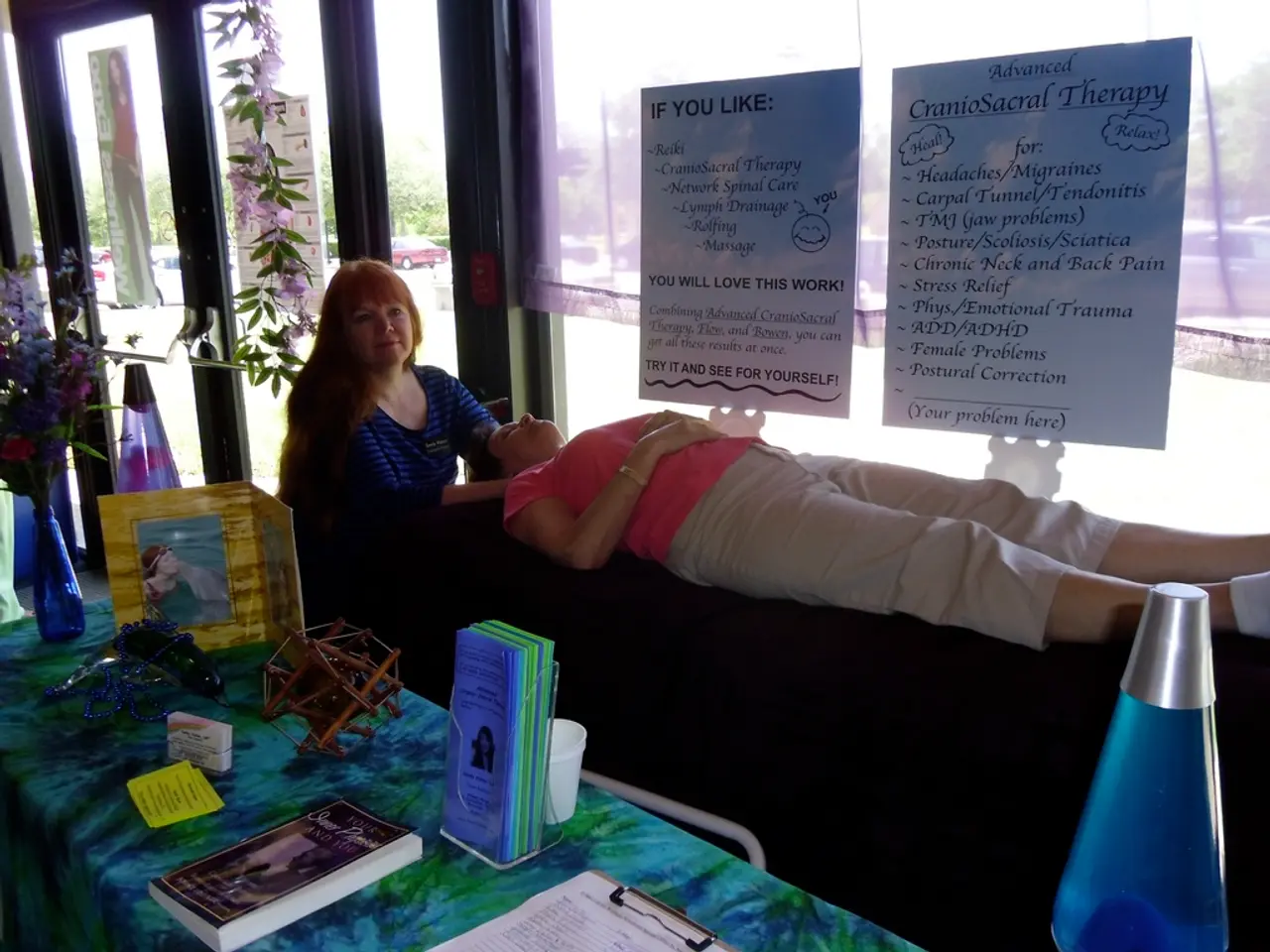Survival Strategies for Daily Life with a Disability
Living with a disability can be challenging, but there are resources available to help individuals navigate their journey towards self-empowerment and self-advocacy. One such community is Yoocan, a global platform that connects people with disabilities with support, resources, and each other.
Empowering Through Knowledge
One key strategy for coping with a disability is to learn about legal rights and accommodations. Understanding one's rights under laws such as the Individuals with Disabilities Education Act (IDEA), the Americans with Disabilities Act (ADA), and Section 504 can empower individuals to assert their needs and protections effectively.
Self-Advocacy Skills for Confidence
Building self-advocacy skills is essential for individuals with disabilities to communicate their needs to educators, employers, and others with respect and confidence. Role-playing and practice can help develop these skills, fostering independence and self-esteem.
Setting Achievable Goals
Setting personalized, achievable goals is another important strategy for coping with a disability. Visual tools or stepwise plans can help individuals focus their efforts on what matters most and track measurable progress in areas such as education, transportation, or employment.
Developing Daily Living Skills
Developing Activities of Daily Living (ADL) skills is crucial for enhancing autonomy and reducing dependence on others. Occupational therapy, adaptive equipment, and assistive technology can help individuals with disabilities develop these skills and become more independent.
Counseling and Therapy for Emotional Support
Engaging in counseling or therapy can help individuals with disabilities address internalized stigma, microaggressions, and emotional challenges related to their disability. Therapy can foster resilience, self-worth, and effective boundary-setting, helping individuals with disabilities navigate societal barriers and assert their needs effectively.
Connecting with Mentors and Peer Support
Connecting with mentors or peer supports can provide emotional safety and validation for individuals with disabilities. Sharing experiences and coping strategies can help normalize the disability experience and empower individuals through shared disability culture and community support.
Involving Self-Advocates in Decision-Making
Involving self-advocates in decision-making processes such as Individualized Education Programs (IEP) and transition planning can enhance agency and voice for individuals with disabilities. This involvement can help ensure that their needs and perspectives are considered and that they have a say in their own future.
Disability Rights Fund and Advocacy Organizations
The Disability Rights Fund supports disability rights movements and drives change through peer and collective learning. Disability rights advocacy organizations such as the American Association of People with Disabilities (AAPD), National Council on Independent Living (NCIL), Disability BelongsTM, and Disability Rights Education and Defense Fund (DREDF) can provide guidance and support for advocating for one's needs and dealing with everyday challenges.
The ARC and National Disability Rights Network
The ARC offers resources and support for people with intellectual and developmental disabilities (IDD) and their families. The National Disability Rights Network (NDRN) supports protection and advocacy for the rights of people with disabilities.
ADA National Network and Independent Living Research Utilization (ILRU)
The ADA National Network provides information, guidance, and training on the Americans with Disabilities Act (ADA). Independent Living Research Utilization (ILRU) offers various resources, including core services, legal assistance, health and wellness, and more.
Disability:IN and Prioritizing Self-Care
Disability:IN is an excellent resource for companies looking to become more inclusive. Prioritizing a balanced self-care routine is important for coping with a disability, and the essential skills for long-term emotional resilience when living with a disability are self-compassion and boundary-setting.
Isolation, Loneliness, and Emotional Safety
Isolation is a common challenge for those with disabilities, but feeling connected is essential for mental health and well-being. Leaning on relationships that are built on mutual respect, such as chosen family and affirming networks, can offer emotional safety and validation. Actively seeking out friends, peer groups, and online communities that can affirm one's experience and identity can help overcome loneliness.
Acceptance and Self-Compassion
Accepting a disability can be one of the most important parts of one's journey, and there isn't a timeline for this acceptance. Self-compassion is linked to greater resilience and psychological well-being, and it is essential for coping with a disability. If one doesn't have this type of support, they deserve it and have every right to seek it out.
Navigating Life as a Disabled Person
Navigating life as a disabled person involves managing symptoms, adapting to physical, emotional, or cognitive changes, and finding one's place in a world that can overlook, misunderstand, or exclude. But with the right resources, support, and self-advocacy skills, individuals with disabilities can live fulfilling, empowered lives.
[1] IDEA [2] NAMI [3] Understood [4] ADA National Network [5] Yoocan
- Mental health support can be sought through online therapy, which can help individuals with disabilities address emotional challenges related to their condition and foster resilience, self-worth, and effective boundary-setting.
- For personal growth and self-empowerment, self-advocacy skills can be developed through resources like Yoocan, a platform focusing on health-and-wellness, education-and-self-development, and the disability community.
- In the realm of health-and-wellness, science-based resources like the Americans with Disabilities Act (ADA) National Network provide information, guidance, and training on legal rights under laws such as the ADA and Section 504, empowering individuals to advocate for their needs effectively.




